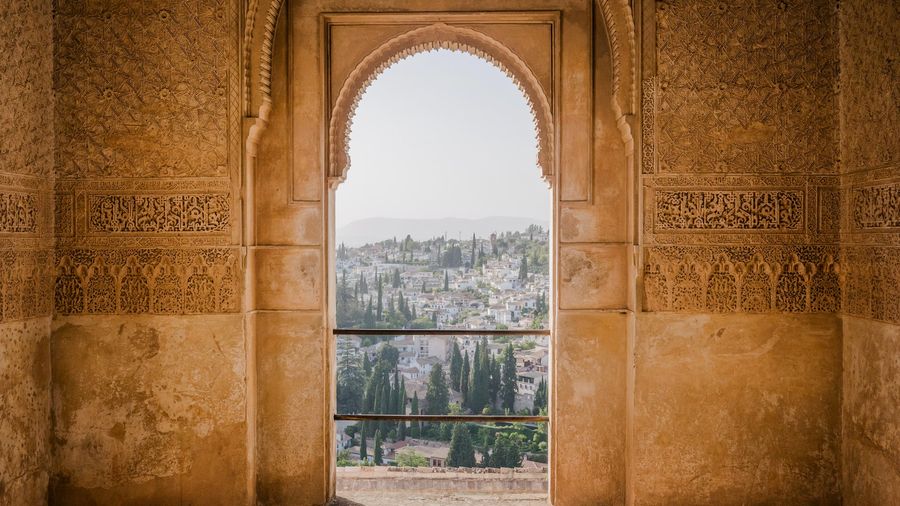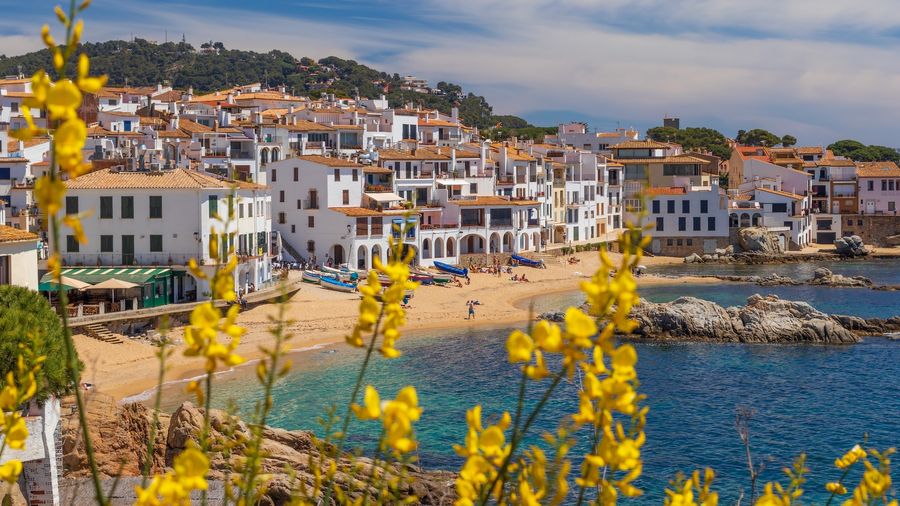7 pitfalls to be aware of when buying a property in Spain
When buying property in Spain, be aware of hidden costs, legal issues, location, building regulations, unexpected repairs, legal procedures, and currency fluctuations. Consult professionals to avoid potential pitfalls. A good lawyer, notary, and real estate agent can help guide you through the process and ensure a smooth transaction.

What are the potential pitfalls when buying a property in Spain?
When buying a property in Spain, some potential pitfalls to be aware of include:
-
Hidden costs: Make sure to factor in all the additional costs associated with buying a property, such as taxes, legal fees, and notary fees. For example, if you are buying a property that requires renovation, the cost of permits and licenses, architect fees, and construction costs should be factored in.
-
Legal issues: It is important to hire a reputable lawyer to review the contract and ensure that the property is free of any legal issues or outstanding debts. For example, if the property has outstanding debts, such as unpaid property taxes, you may be responsible for paying them.
-
Location: Be sure to research the area where the property is located and consider factors such as proximity to amenities, public transportation, and potential for future development. For example, if the property is located in a remote area with limited access to public transportation and amenities, it may not be as desirable as a property located in a more central location. Make sure to visit the area to familiarize yourself with the community.
-
Building and zoning regulations: Make sure the property complies with all local building and zoning regulations, and that any necessary permits and licenses are in order. For example, if the property is located in a protected area, such as a historical district, there may be restrictions on what can be done with the property, such as adding an extension to the house.
-
Unforeseen repairs: Be aware that older properties may require significant repairs or renovations, which can be costly. For example, an older property may have outdated electrical and plumbing systems that need to be replaced, which can be costly.
-
Time scale: Spanish legal procedures can be quite slow and time-consuming, so it is important to be prepared for a longer-than-expected time frame to complete the purchase. For example, it may take several months to complete all the legal procedures, such as obtaining a NIE number and signing the contract of sale.
-
Currency fluctuations: Property prices in Spain can be affected by currency fluctuations, so consider the impact of currency exchange rates when purchasing a property. For example, if you are buying a property in Euros and the Euro appreciates against your home currency, the property may become more expensive.
It’s worth mentioning that this is not an exhaustive list and every case may be different. It’s always a good idea to do your due diligence and research the property market, regulations, and consult with professionals (lawyer, notary, real estate agent, etc) to avoid any potential pitfall when buying a property in Spain.







